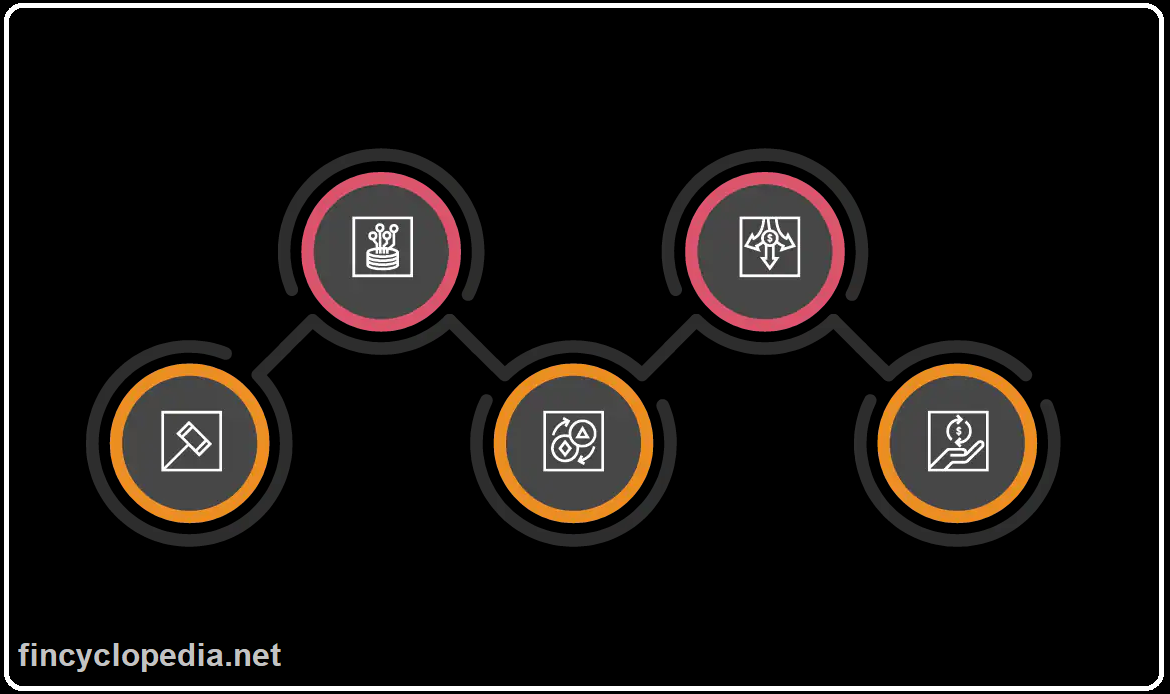An asset evaluation method that builds on the assumption that the value of an asset can be measured in terms of the loss or damage that the asset holder would incur if deprived of that asset. That means the disbenifits that result from the loss of an existing asset. As such, value to the owner considers the maximum value of an asset as equivalent to its replacement cost since the owner can compensate for the loss of not being able to use that asset by buying a replacement.
However, if the replacement amount is larger than the recoverable amount of an asset, its value should be the lesser of the two amounts (replacement amount and recoverable amount). In turn, recoverable amount is whichever higher of two values: the net selling price or use value. Use value, or value in use, is calculated as the present value of the future returns that can be obtained by continuing to use the asset. Valuating assets based on value to the owner is not consistently straightforward and objective as different values can be figured out by different estimators, not to mention the significant diversion from market values. Furthermore, value to the owner is often biased, reflecting expectedly the view of the reporting firm.
This measure of value is also referred to as a value to the business or a deprival value.



